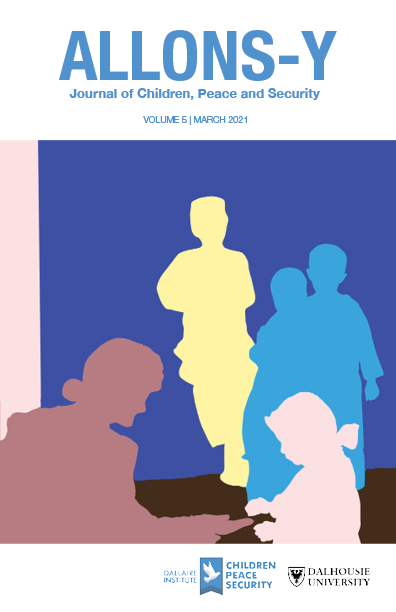Gender Considerations in Advancing the Vancouver Principles in Armed Forces
DOI:
https://doi.org/10.15273/allons-y.v5i0.10218Parole chiave:
Child Soldiers, Prevention of the Use and Recruitment of Child Soldiers, Child Protection, Gender Dynamics, Gender Perspectives, Military Training and Education, Vancouver Principles, Implementation Guidance for the Vancouver PrinciplesAbstract
Drawing from United Nations Security Council Resolutions on Women, Peace and Security and the Vancouver Principles, this paper highlights key factors to be addressed in military training and education to ensure that military members are adequately prepared to protect children affected by conflict and to enhance military capabilities to participate in the prevention of the recruitment and use of child soldiers. Informed by feminist theories and analysis, this paper argues that military professionals are better prepared for the protection of children when they are given the opportunity to explore gender concepts in relation to their own socialization to the military and if they are provided with the right theories and tools to understand and respond to gender and intersectional dynamics of children and armed conflict. The paper suggests that while content that illuminates gender constructs and their relation to the security of children is crucially important, determining the right pedagogic approaches that support the effective training and education of military professionals is equally vital.





